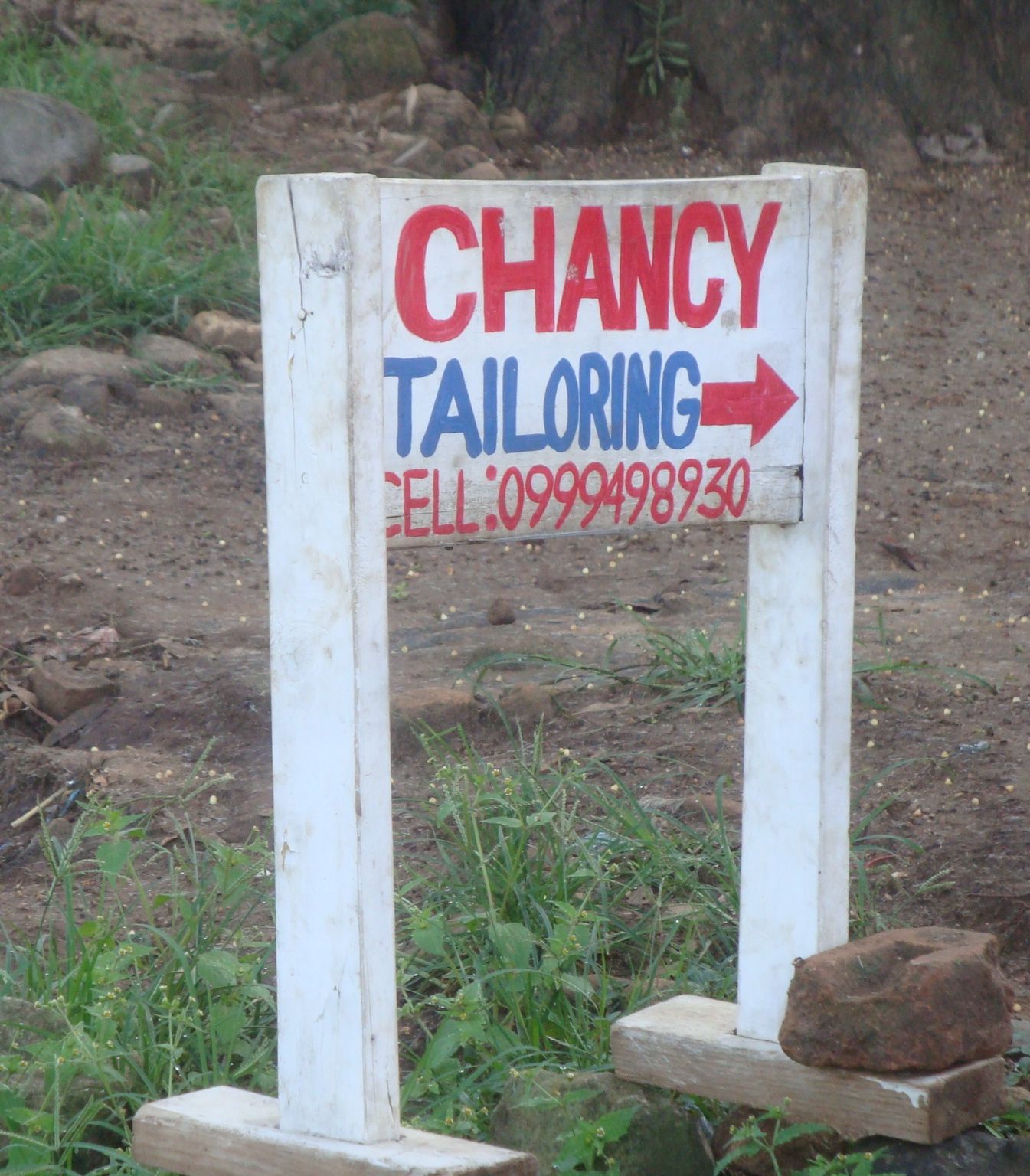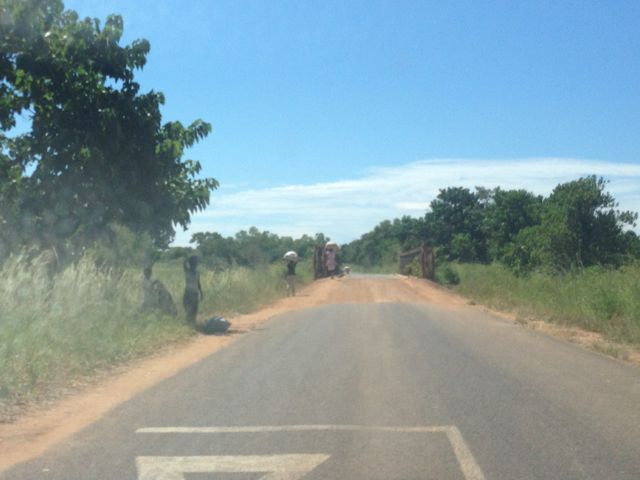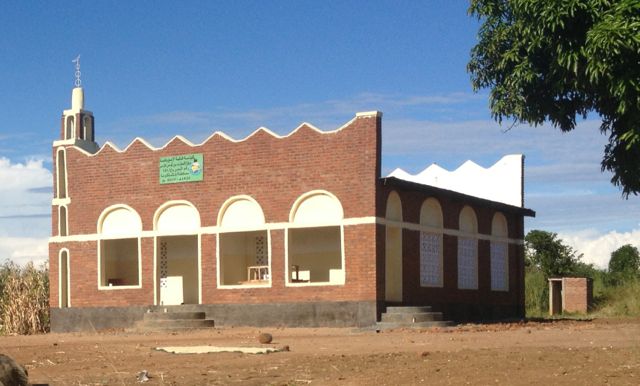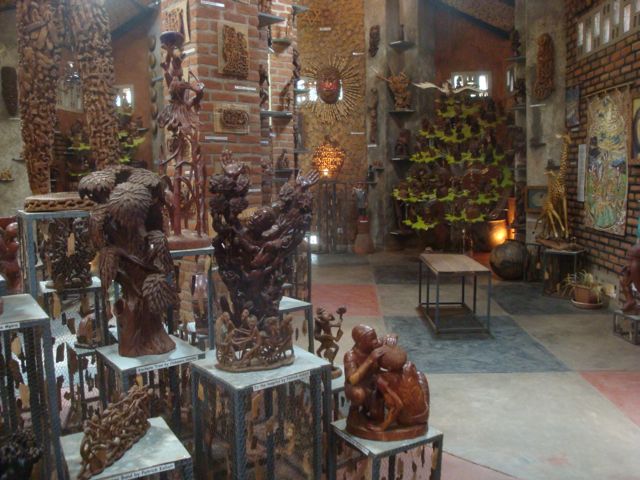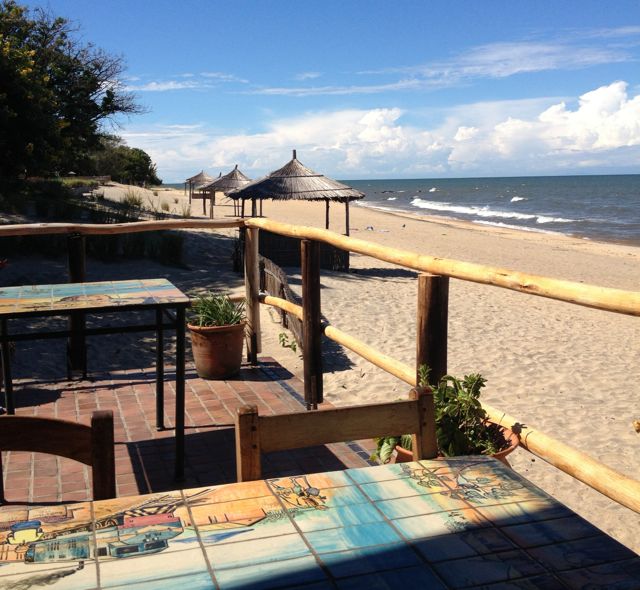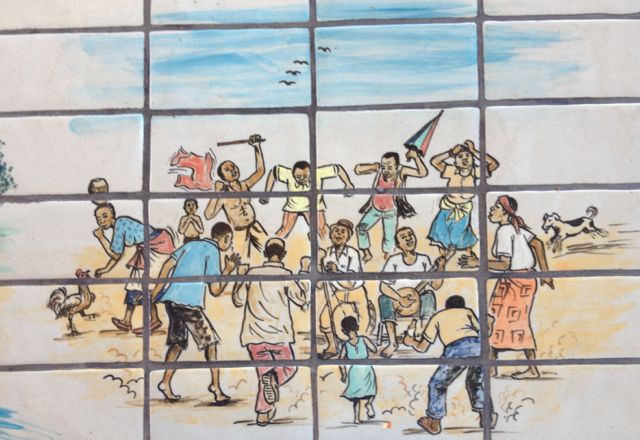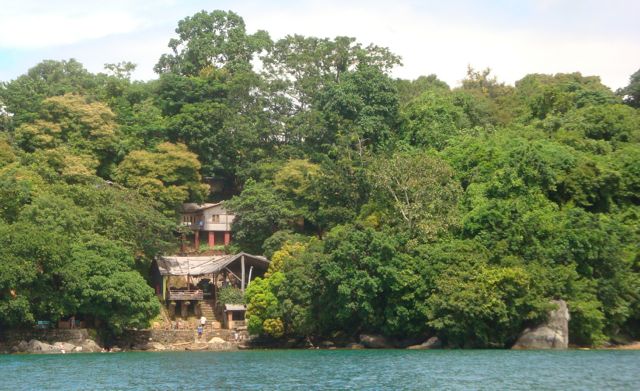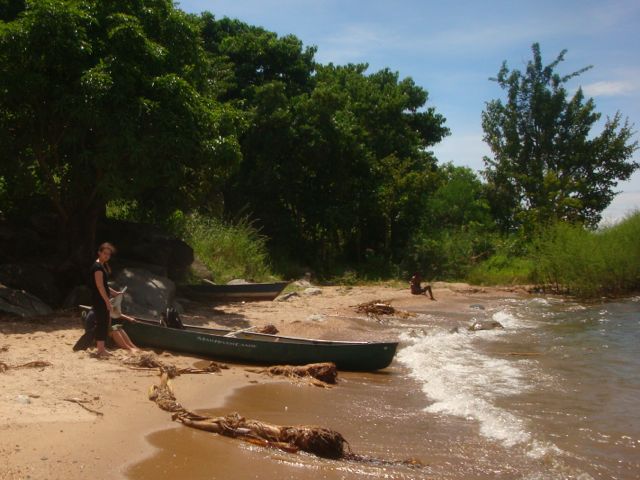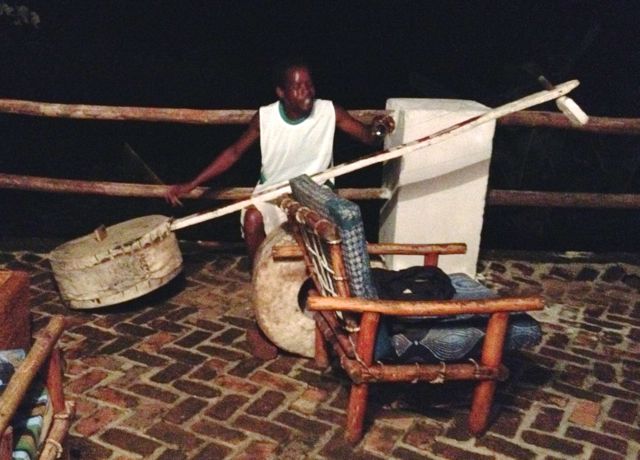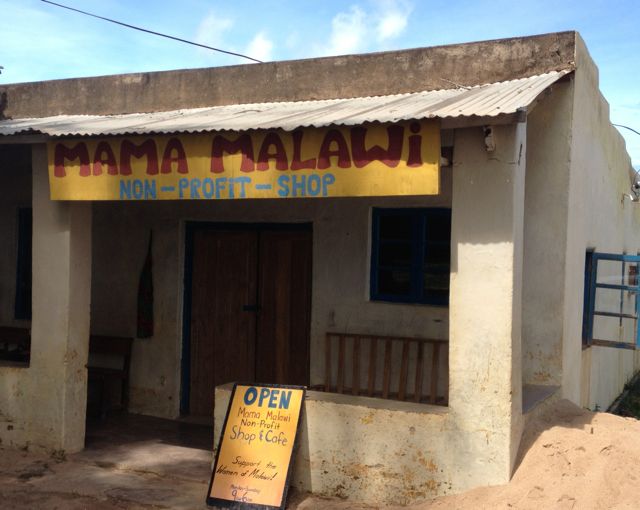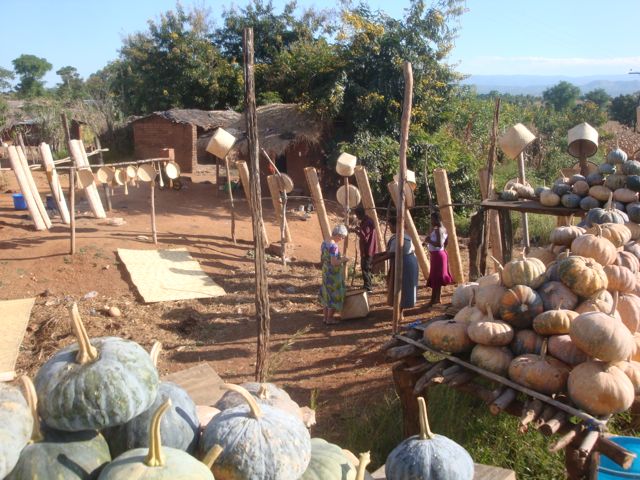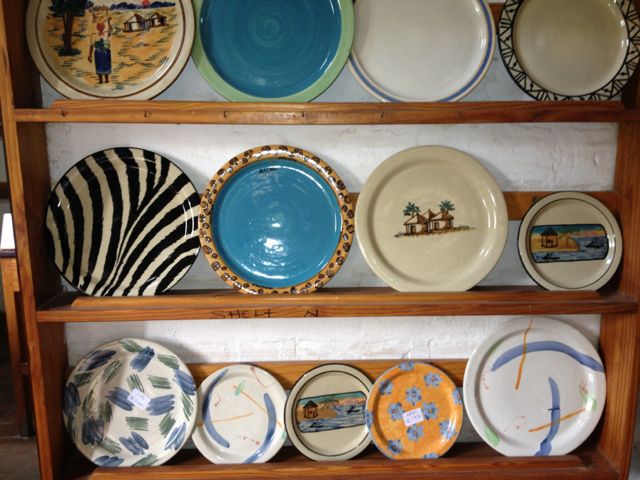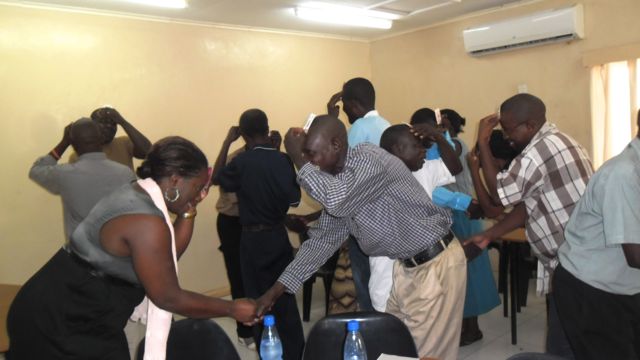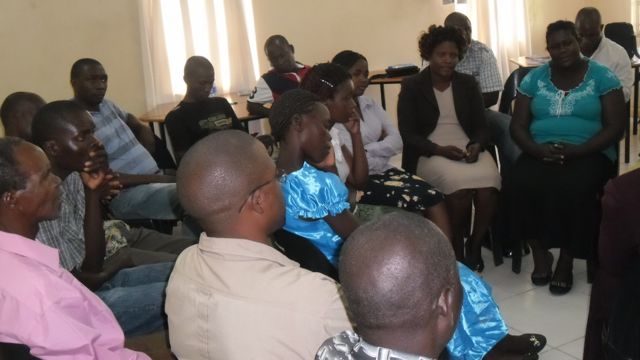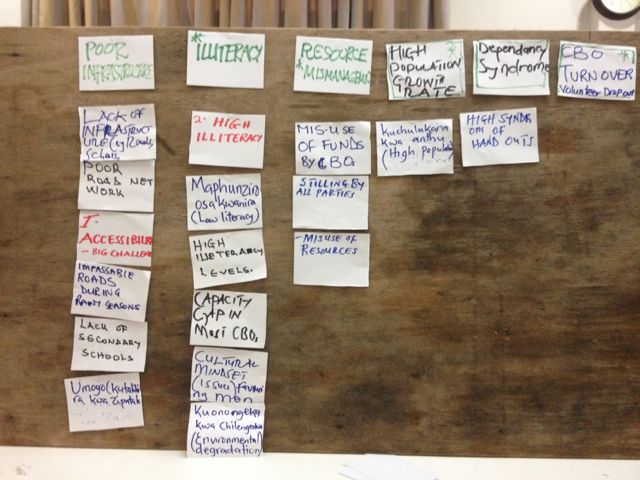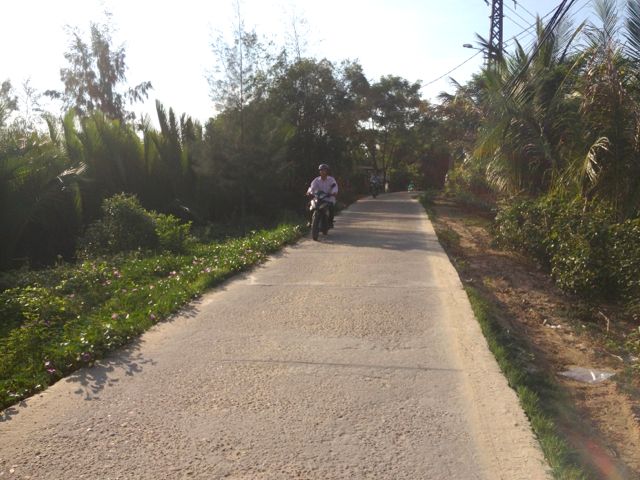My big project for the next 6 months is to develop the Concern Universal 2014 Impact Report. The purpose of most aid programs is to ‘make an impact’, and CU Malawi is one of the few NGO’s aiming to publish an Impact Report on a regular basis. The impact referred to being a change in the broader system, not a large hole in the ground as from a meteorite.
A new (to me) concept being used in the aid industry is the idea of having a ‘Theory of Change’. My impression is that this has superseded LogFrames to describe the link between what can be physically done (outputs) and the intended outcomes (or impact) in many programs. Thus my personal ‘Theory of Change’ is that positive effects in the broader system occur when individuals work together to solve tangible problems (1). This is augmented by the many others who have researched and written on the technicalities of how to help people work better together when finding solutions to common problems (2).
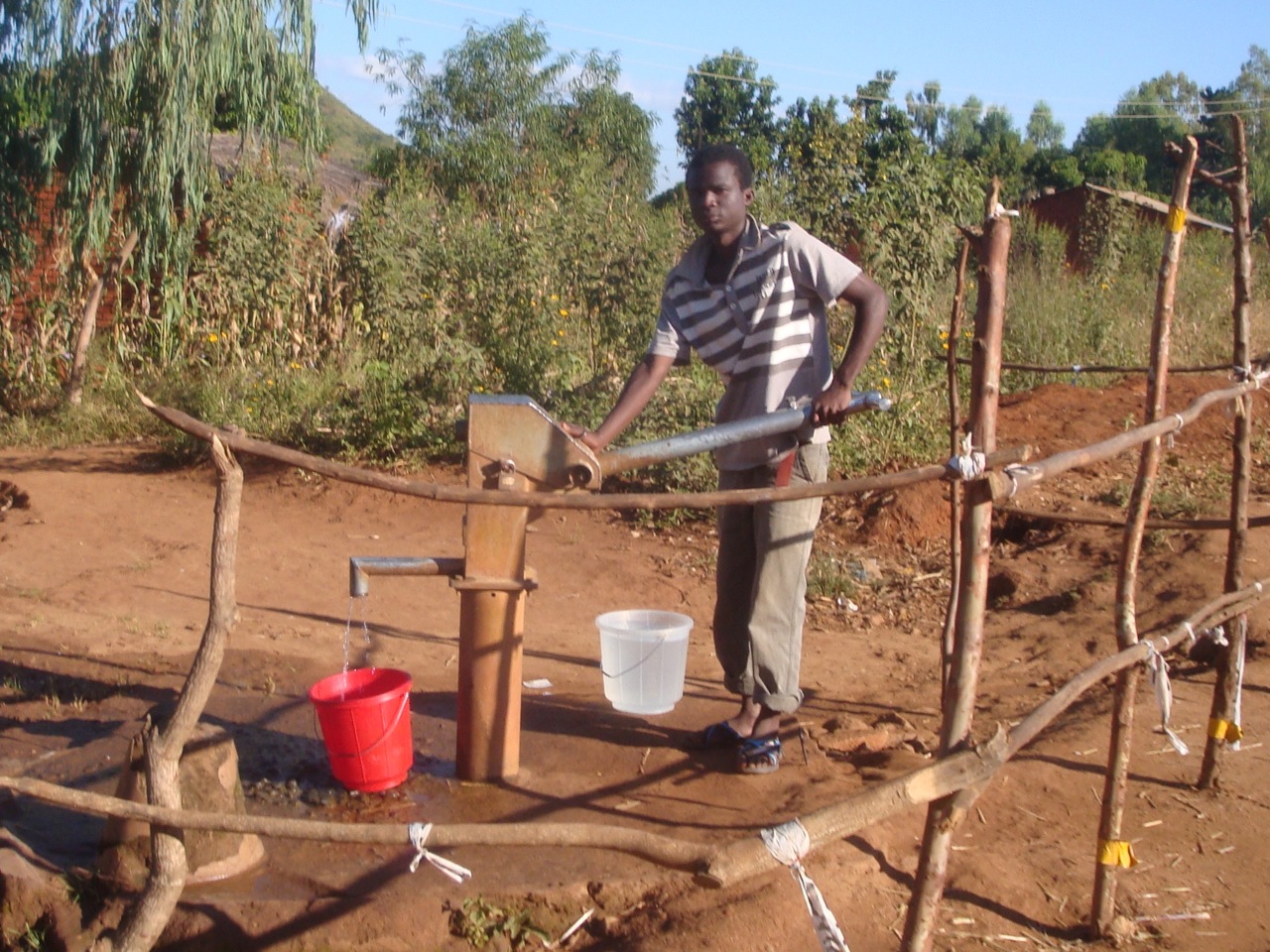
Putting in a bore & pump is the easy bit. What is harder is ensuring that people can access it, that there is a management committee of those that use it, that they can raise money for spare parts, that spare parts are available etc. etc.
A ‘Theory of Change’ that seems prevalent with many aid donors in Malawi is that WASH (Water Sanitation & Hygiene) programs have a positive impact on the broader system. This is based on considerable evidence that improved water, sanitation & hygiene practice (not surprisingly) contributes to improved community health (3). Unfortunately ‘impact’ is dependent on the many variables of a complex system.
Some donors require a large range of ‘indicators’ of impact, which might be as many as 70 questions that have to be reported on monthly throughout the length of the project. An example being “Reduction in reported cases on waterborne diseases (cholera, diarrhoea and dysentery)’ measured by “# of waterborne diseases reported cases”. Another being “students with access to an adequate number of school hand washing facilities with soap” measured monthly by “# of additional students with access to an adequate number of school hand washing facilities with soap”. Others take a different approach, maintaining that the linkage is a given and that due to the high number of confounding factors within each individual case of improved health, monitoring this aspect is not cost effective. Some donors require nothing more than a record of the number of water points created, whilst others focus on measuring sustainability indicators, such as water point management structures, financial management capabilities, maintenance, access to repair services, and spare parts.
To report on the ‘impact’ of the work by Concern Universal (who currently implement seven different donors WASH projects, all with different indicators) is in itself complex. Thus my intended approach is to engage the CU WASH teams in a workshop process that draws on their collective data, the processes they use in implementing the projects, their understanding of ‘what works’ and document stories of success and failure. We will then use this data to compile a broad picture of CU’s impact in WASH. Stay tuned!
1: Rittell, H & Webber, M 1973, ‘Dilemmas in a general theory of planning’, Policy Sciences, vol. 4.
2: Butcher, M 2001, ‘LogFrames Made Easy’, PLA Notes, no. 41.
Department of Sustainability and Environment 2005, Effective Engagement: Building Relationships with Community and Other Stakeholders, 3 vols., The Community Engagement Project, Resources and Regional Services Division, Victorian Government Department of Sustainability and Environment, Melbourne.
Dick, B 1991, Helping Groups to be Effective, 2 edn, Interchange, Chapel Hill.
Kaner, S 1996, Facilitator’s Guide to Participatory Decision-Making, 11 edn, New Society Publishers, Gabriola Island.
NSW Premiers Department 2006, Strengthening Rural Communities Resource Kit, pdf version edn, NSW Government, Sydney.
Pretty, J, Guijt, I, Thompson, J & Scoones, I 1995, Participatory Learning and Action : A Trainers Guide, IIED Participatory Methodology Series, International Institute for Environment and Development, London.
Rosenberg, M 2003, Nonviolent Communication: A Language of Life, 2 edn, Puddledancer Press
Schwartz, R 2002, The skilled facilitator, 2 edn, Jossey-Bass.
Southern Cross University 2003, Action Research Resources, Southern Cross University, viewed 04 03 2006 2006, <http://www.scu.edu.au/schools/gcm/ar/arp/arphome.html>.
Stanfield, B 1997, The Art of Focused Conversation, The Canadian Institute of Cultural Affairs (ICA Canada).
—- 2002, The Workshop Book: from Individual Creativity to Group Action, New Society Publishers and The Canadian Institute of Cultural Affairs, Gabriola Island.
United Nations Centre for Human Settlements (Habitat) 2001, Tools to Support Participatory Urban Decision Making.
Williams, RB 1996, More Than 50 Ways to Build Team Consensus, Hawker Brownlow.
World Bank 1996, The World Bank Participation Source Book, Adobe Acrobat PDF Version edn, World Bank, Washington, D.C.
3: Esrey,S 1985,1991; Fewtrell 2005; Clasen et al. 2009,2010, Waddington 2009; Norman et al. 2010
